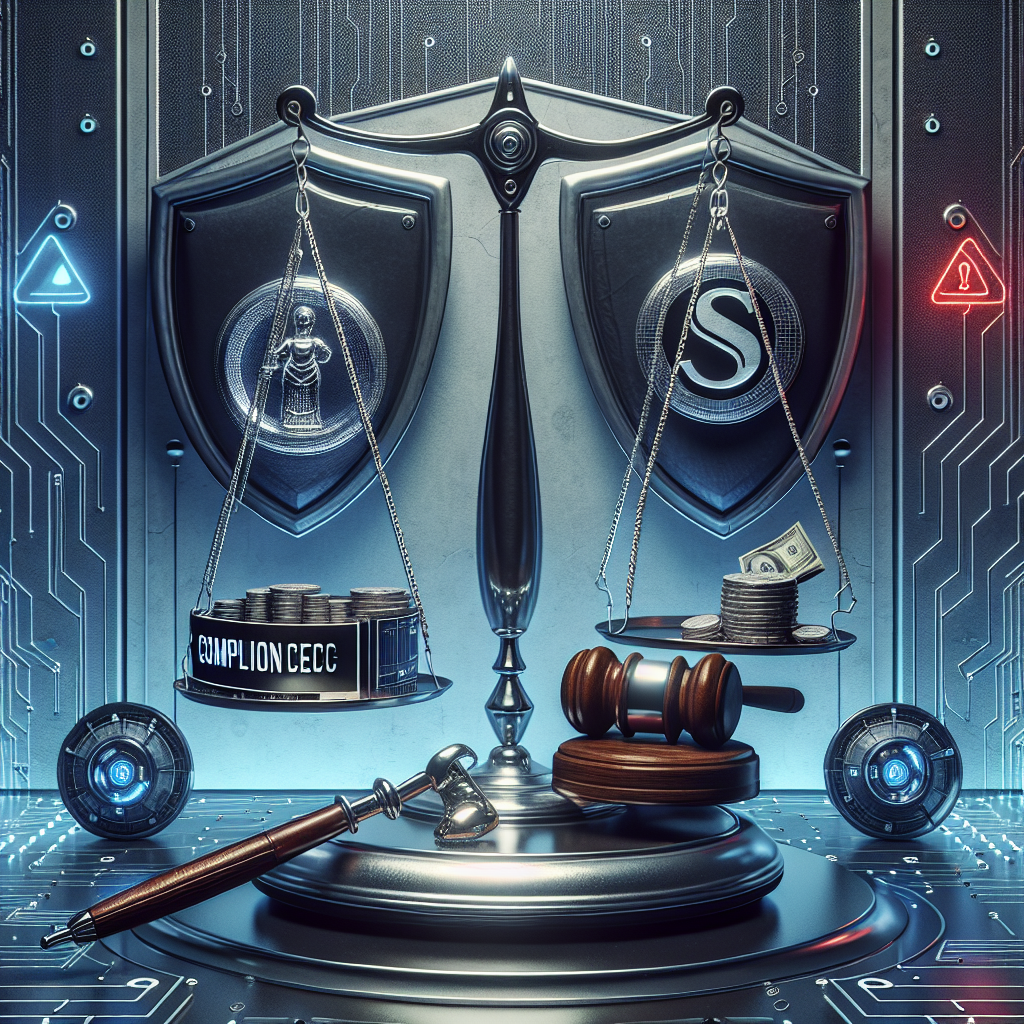As medical practices enter 2025, navigating Stark Law and the Anti-Kickback Statute (AKS) has become the linchpin of compliance strategy, risk mitigation, and integrity in patient care. New regulatory updates, stricter enforcement, and shifting care models mean providers must be more vigilant and informed than ever.
Evolution & Recent Regulatory Updates in 2025
The Stark Law—or Physician Self-Referral Law—forbids physicians from referring Medicare and Medicaid patients to entities in which they or their family hold a financial interest, unless a statutory exception applies. Key 2025 changes include:
-
Redefined Indirect Compensation Arrangements: The Centers for Medicare & Medicaid Services (CMS) now emphasize substance over form, closing loopholes and scrutinizing the reality of financial relationships over paper structures.
-
Value-Based Care Expansion: New exceptions permit broader, outcome-driven compensation models, facilitating participation in Accountable Care Organizations (ACOs) and bundled payment initiatives without the specter of automatic violation.
-
Digital Health & Telemedicine Guidance: New rules clarify compliance for virtual care agreements—including e-consult platforms and remote patient monitoring—affirming the importance of the Stark Law in the modern digital landscape.
Review detailed Stark Law resources at CMS Stark Law Overview and OIG Fraud & Abuse Laws.
2025 AKS Developments
The Anti-Kickback Statute criminalizes knowing and willful payments or offers to induce referrals for items or services reimbursed by federal health programs. Notable 2025 developments include:
-
Refined Safe Harbors for Value-Based Arrangements: Expanded safe harbors support innovative payment models while preserving the requirement that remuneration not induce improper referrals.
-
Increased Penalties: Penalties and civil monetary thresholds have been updated, with fines up to $100,000 per kickback and possible exclusion from federal programs for severe violations.
-
Enforcement Focus Areas: Regulators are particularly scrutinizing arrangements involving diagnostics, labs, joint ventures, and fast-growing digital health sectors.
Explore AKS guidance at HHS OIG: Fraud & Abuse Laws.
Consequences of Non-Compliance
Non-compliance with Stark Law or AKS can have devastating effects:
-
Civil Monetary Penalties: Up to $15,000 per Stark violation and $100,000 for circumvention schemes; AKS violations can reach $100,000 each plus criminal penalties.
-
Exclusion from Federal Programs: Violations may result in exclusion from Medicare and Medicaid, severely impacting practice viability.
-
Reputation and Patient Trust: Beyond penalties, providers risk public loss of trust and potential whistleblower lawsuits, including those under the False Claims Act.
-
Recent Enforcement Example: In 2025, several large health systems faced multi-million-dollar settlements for above-market physician compensation and illicit referral arrangements.
Actionable Compliance Strategies for 2025
1. Comprehensive Internal Audits
-
Perform quarterly audits of all compensation arrangements, referral patterns, and third-party contracts.
-
Evaluate both Stark and AKS risk areas: ensure every arrangement fits a recognized exception or safe harbor.
-
Use external legal counsel for complex or novel structures.
2. Robust Documentation & Fair Market Value (FMV) Analysis
-
Document all physician compensation agreements, including detailed rationale, FMV studies, and board or compliance committee approvals.
-
Maintain contemporaneous records for telehealth, population health, technology, and co-management contracts.
-
Retain compliance records for at least seven years for audit defense.
3. Focused Employee and Physician Training
-
Deliver annual compliance training to all staff on Stark Law, AKS, and safe harbor nuances.
-
Develop real-world case studies to help staff recognize red flags and apply exceptions appropriately.
-
Educational resources: ACP Compliance Overview.
4. Engaging Specialized Legal Counsel
-
Collaborate closely with healthcare law attorneys for initial contract drafting and complex transaction reviews.
-
Leverage expertise for self-disclosures under Stark when problems are detected, which can help reduce penalties in enforcement actions.
5. Technology-Driven Compliance Monitoring
-
Invest in compliance software that automates referral monitoring, highlights anomalies, and provides real-time alerts.
-
Ensure your technology stack supports regulatory documentation, workflow approvals, and regular reporting.
6. Compliance Committee & Cross-Functional Oversight
-
Form a compliance committee with representatives across legal, finance, operations, and clinical services for ongoing review, oversight, and feedback.
-
Schedule committee meetings at least quarterly to review recent changes in regulations, enforcement trends, and new business initiatives.
Authoritative Resources and Best Practice Links
Frequently Asked Questions (FAQs)
Q: What is the biggest compliance risk for practices in 2025?
A: The risk lies in not keeping pace with value-based exceptions and failing to document FMV for all arrangements, especially as digital health expands.
Q: Are telehealth and e-consult agreements regulated under these laws?
A: Yes, new 2025 guidance emphasizes that telehealth and digital contracts must also satisfy Stark exceptions and AKS safe harbors.
Q: What role does intent play in violations?
A: Stark Law operates under strict liability—intent is irrelevant—while AKS requires proof of intent to induce referrals.
Q: What should I do if I suspect a violation?
A: Act promptly. Conduct a confidential investigation, consult with specialized counsel, and consider voluntary disclosure to CMS or HHS OIG.
Q: Are penalties for violations really that severe?
A: Yes. Fines routinely reach six or seven figures, and both laws permit program exclusion; some AKS breaches may trigger criminal prosecution.
Q: Where can I stay up to date on further changes?
A: Bookmark and frequently review updates from CMS, OIG, and your state medical association.

